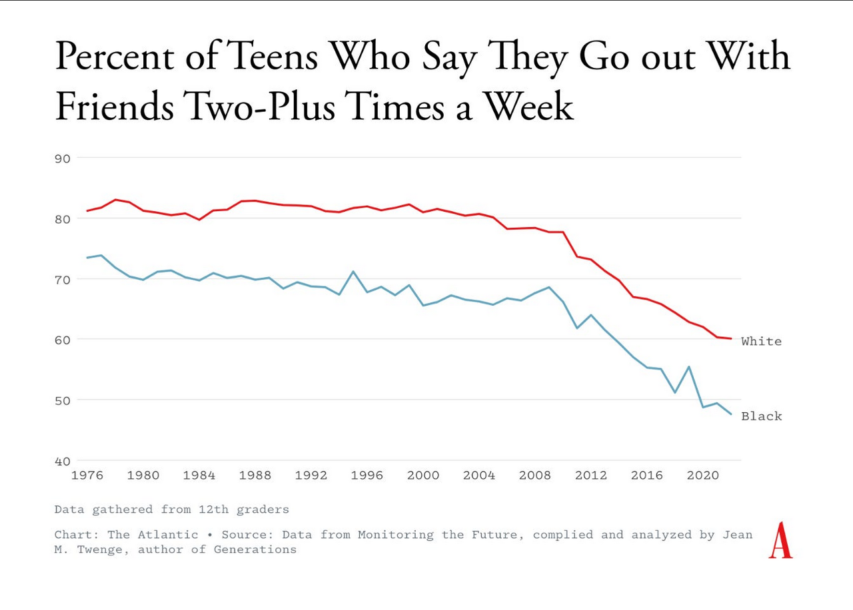David Friedman outlines not only the threat of a re-elected Donald Trump, but the threat of what his opponents are clearly willing to do to stop him:
I’ve run into a surprising number of progressives who apparently genuinely believe that if Donald Trump wins the 2024 election, that will be the last free and fair election that America ever has. These people believe that if Trump wins, then by the 2026 midterms, if not by the 2025 gubernatorial elections, Trump and his acolytes will have figured out a way to rig the elections, or disenfranchise large number of Democrats, or hack the voting machines, or some other nefarious plot that will end self-government. The irony is that these people are the mirror image of the Trump fans who insist that the 2020 election was stolen, and that Democrats (or the Deep State, or whomever) rigged the elections, hacked the voting machines, etc. (Jim Geraghty in National Review, “A Reality Check on the Trump-as-Dictator Prophecies“)
Trump is a competent demagogue but an incompetent administrator. Having won the election and become president, he did very little with his power. The most important thing he accomplished was getting three conservatives onto the Supreme Court, something that a more conventional Republican could probably have done as well.
He did, however, succeed in scaring the center left establishment, parts of the conservative establishment as well. He had no respect for the political, academic, media elite, for Hilary Clinton, Harvard professors, the New York Times or National Review. He was an outsider in a sense in which previous Republican presidents were not, with enough political support to raise the frightening possibility of a government, nation, world no longer going in what they saw as the right direction.
Responses included:
Russiagate, the attempt to claim that Trump was a Russian asset.
The attempt to discredit the information in Hunter Biden’s laptop, which included a bunch of former intelligence leaders implying, on no evidence, that it was a Russian plant, Twitter blocking links to the New York Post‘s article on the laptop.
After the 2020 election, with the federal government back in Democratic hands, attacks have mostly involved weaponizing the legal system to punish Trump and his supporters. The strongest of the cases against him, for deliberately holding classified documents after the end of his term, clearly illegal, looked less unbiased after it became clear that Biden had knowingly retained classified documents from his time as Vice President and knowingly revealed them (although, unlike Trump, he returned the documents once his retention of them became public) and was not being prosecuted. The weakest of the cases was a prosecution for an offense, falsifying business records, on which the statute of limitations had run — on the grounds that the expenditure being concealed had been intended to protect his image and so counted as a falsified campaign expenditure on which the statute had not run. That and prosecuting him for optimistic claims for the value of properties used as collateral for loans — all of which were repaid in full — and finding him liable for hundreds of millions of dollars in damages were based not on legal necessity but on the predictable bias of a judge or jury in New York City, where the 2020 electorate voted against Trump by more than three to one.
My previous post described a tactic by which, if Trump won the 2024 election, Democrats might have tried to prevent him from taking office. The recent Supreme Court decision makes that particular tactic unworkable but it is clear from the Atlantic article published before that decision that some Democratic politicians were willing to take the idea seriously. Arguable the three liberal justices took it seriously enough to object to the majority preventing it, although there are other possible explanations of their dissent from that part of the decision. The Colorado Supreme Court took seriously, indeed endorsed, the idea of defeating Trump by keeping him off the ballot. It is far from clear that if there is another opportunity to defeat Trump’s campaign in the courts instead of the voting booth it will not be taken. If, after all, the survival of American democracy is at stake …
Trump has been charged with both federal and state offenses. If he wins the election he can use the pardon power to free himself from conviction for a federal offense but not a state offence. James Curley spent five months of his term as mayor of Boston in prison for mail fraud, until President Truman commuted his sentence. Georgia’s Republican governor does not have the power to give pardons even if he wanted to; the State Board of Pardons and Paroles does but only after a convicted felon has served five years of his term. The governor of New York has the pardon power but is a Democrat unlikely to use it on Trump’s behalf. If Trump wins the election but loses at least one of the state criminal cases, does the state get to lock up the President?
Suppose that, despite any legal tactics of the opposition, Trump ends up in the White House, in control of both the federal legal apparatus and, through his supporters, those of multiple states. After the repeated use of lawfare against him by his opponents it is hard to imagine Trump refraining from responding in kind or his supporters expecting him to.


























